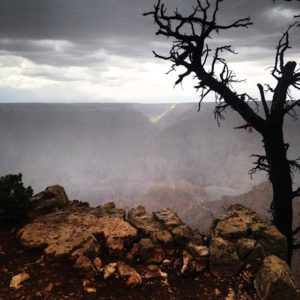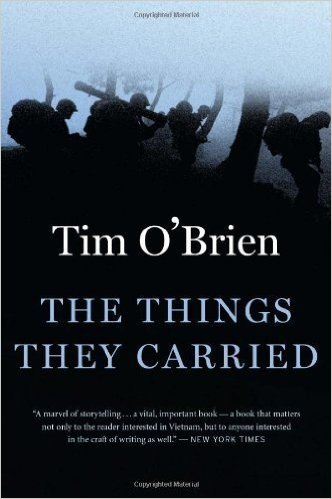 Forests have fallen to explain The Waste Land. And yet, many readers express frustration, which never fully goes away, no matter how many papers and books they read. Once someone begins to read the poem, it is difficult to know where to stop: the preface, the note on the text, the poem itself, the author’s footnotes, the editor’s footnotes, the sources alluded to, the literary criticism, the guides, the biographies, the bibliographies, the early drafts? There is no back cover to this book. One could go on reading The Waste Land until the Holy Grail was found.
Forests have fallen to explain The Waste Land. And yet, many readers express frustration, which never fully goes away, no matter how many papers and books they read. Once someone begins to read the poem, it is difficult to know where to stop: the preface, the note on the text, the poem itself, the author’s footnotes, the editor’s footnotes, the sources alluded to, the literary criticism, the guides, the biographies, the bibliographies, the early drafts? There is no back cover to this book. One could go on reading The Waste Land until the Holy Grail was found.
Continue reading “What “The Waste Land” Expresses: An Experiential Approach to T. S. Eliot’s Poem”
 “The Things They Carried” is a short work of fiction. The Things They Carried is also the name of what could be called a short-story collection or perhaps a meta-fictional novel. It’s a pastiche of fiction, nonfiction, fantasy, memoir, author’s notations, and literary commentary.
“The Things They Carried” is a short work of fiction. The Things They Carried is also the name of what could be called a short-story collection or perhaps a meta-fictional novel. It’s a pastiche of fiction, nonfiction, fantasy, memoir, author’s notations, and literary commentary.